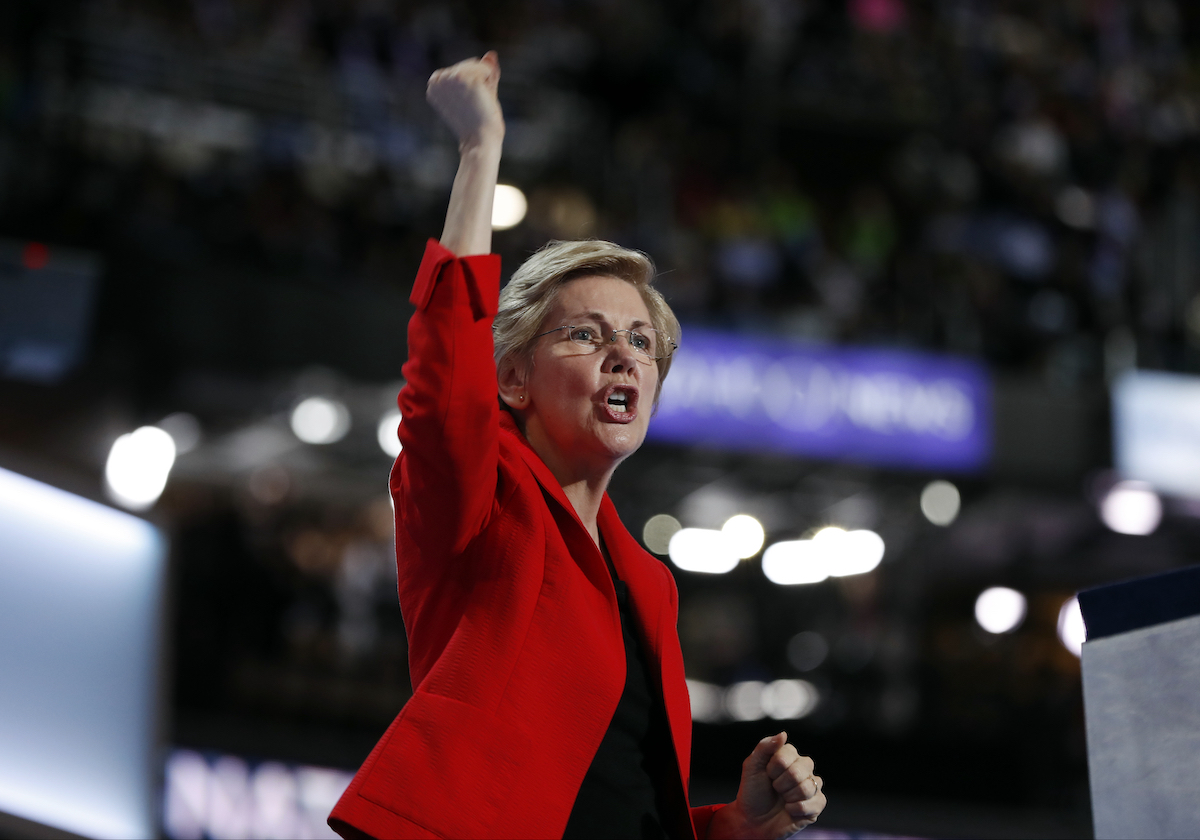Implicit in concerns about rising income inequality is a critique of the underlying system that generated that inequality: a free market regulated by competition. In a free market, people are rewarded with earnings that correspond to the value they create for others. For this to happen, however, everyone ideally has an equal opportunity to earn an ever expanding income. The perceived problem is that such opportunities are not available to all in a truly free market—only to an elect few.
For instance, in justifying President Joe Biden’s Billionaire Minimum Income Tax, Elizabeth Warren has demanded that Elon Musk “make an investment so the next Elon Musk gets a chance to make it big as well,” implying that Musk had an opportunity that other Americans don’t have. I’d like to explore two key issues pertaining to economic opportunity. First, what do we know about how individuals’ income can change over time (especially individuals who begin with lower incomes)? Second, what do such data tell us about the opportunities and efficiency of the market?
Many economists believe that income disparities have increased dramatically in recent decades; others disagree. Regardless of the degree of income equality, it is a poor measure of the extent to which the market provides opportunities to individuals operating within it. If one’s current income is only weakly correlated with future income, a snapshot of the degree of income inequality at any given time is a very misleading measure of the opportunities created by the economy.
Income mobility studies address this issue by tracking individuals over some period of time to determine the percentage of people who move from one income level to another (income levels are typically divided into quintiles). Studies find that, within 10 years, about 45% of those in the lowest quintile have moved into higher quintiles relative to others in the original sample. However, this method measures only how the individuals’ income rankings rearrange; it excludes the rise in income of the whole sample. To account for that factor, some studies use the income quintiles of the entire population. These studies find that about 55% of those in the bottom quintile of the study have moved into higher quintiles after 10 years.
Does this level of income mobility indicate that the market provides sufficient economic opportunity to all? That depends on why some move up from the bottom while others stay there, and there are many possible factors. These variables are hard to isolate, so even getting an accurate measure of mobility doesn’t tell us everything about the degree to which individuals have the opportunity to improve their lot in life through their own actions. People could be more or less mobile depending on mechanisms that hold them back or give them a boost regardless of any actions the individuals take themselves. Many politicians use this explanation to suggest a role for public policy to correct such unjust “structural” situations. But people also earn more or less depending on a wide variety of factors, such as competence, motivation, perseverance in one field—and, it should be noted, the opportunity a given career provides for making a large income to begin with. (It certainly makes a difference in potential earnings if your career choice is public school teacher versus software developer for Apple.) Government action that interferes with any of these could be socially costly by reducing the degree to which people believe they have control over their lives and undermining their incentives. If someone is going to be given raises regardless of actual achievement, why bother making any special effort?
Immigrants’ income mobility sheds some light on the impact government makes when it decides to interfere in the market. Certain government interventions affect individuals raised in the U.S. but have less of an effect on immigrants, so the mobility of each group can signal the consequences of those interventions. Data show that immigrants have greater income mobility than non-immigrants. If such is the case, how can one make the argument that the free market system is responsible for obstacles to income advancement? On the contrary, these results suggest that the U.S. government’s actions intended to benefit the poor may actually discourage income mobility.
Our Founders emphasized equality “of all men” and that they are “endowed by their Creator with certain unalienable rights,” including the pursuit of happiness. Working toward equality of opportunity for that pursuit through things like education is laudable. However, ensuring equality of outcome in the pursuit of happiness would prove both costly and almost certainly counter-productive. To do so, the government would need to infringe upon individual liberties and eliminate God-given differences. Furthermore, government action could undermine the incentives to create value for others, which will reduce income mobility. So what are we willing to compromise to pursue more equality of income?
Reaching the top quintile certainly requires much more effort from the poor than it does from the rich. If an individual starts out in the lowest income bracket, the “next Elon Musk” likely has a smaller chance of becoming one of the richest people in the world than the current Elon Musk did. But that is not the same as saying he or she has no chance. Americans enjoy much more control over their own economic destinies than the Elizabeth Warrens of the world will admit. The real goal here is success and economic independence—not just becoming the richest—and government intervention may be more of an impediment to that goal than an aid.

